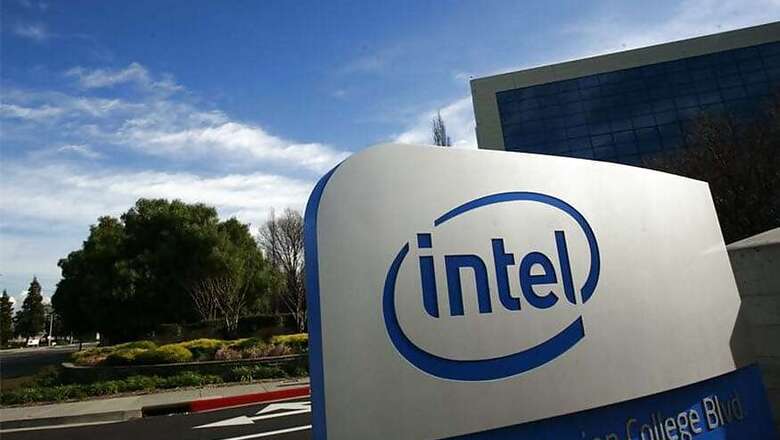
views
Buoyed by the demands from sectors like e-commerce, banking, telecom, government and other enterprises to store and scale up to Big Data, global chip maker Intel is ready to help India achieve high-performance computing. According to Lisa Spelman, Vice President and General Manager, Intel Xeon Processors and Data Center Marketing, Intel, the sheer size and scale of the country has always impressed her and the company with its next-generation processor portfolio is bullish on its future in the country when it comes to managing massive sets of data.
"The government has done an impressive amount of discussion in the area of high-performance computing. There is a talented developers' community in India. Intel is ready to help the country achieve its high-computing goals when it comes to handling Big Data across the spectrum," Spelman told IANS here.
Intel reported a record revenue of $14.8 billion in the second quarter this year. The growth was witnessed in client computing (which was up 12 percent) and data-centric businesses (which was up 16 percent) The Intel Data Centre business delivers almost half of Intel's operating margin and is expected to grow revenue by over 15 percent through 2018. According to Intel CEO Brian Krzanich, the data centre is central to the company's strategy and is a remarkable opportunity. "By 2021, we expect the data centre to be a $65 billion silicon opportunity, and we're less than 40 percent of the total available segment today," Krzanich said during the investors' call recently.
To see its data centre business accelerate, India is a natural choice for the company. Spelman is positive on the improved technological prowess and the presence of right talent in India. "The several initiatives that the government and enterprises are offering today to help the people is remarkable. We have a strong engineering workforce and research and development facilities in the country to help the government realise its dreams," she added. In a short time, the Intel India Development Centre in Bengaluru has become a significant international design and development centre for the company.
The IIDC is Intel's largest non-manufacturing site outside the United States, with over 2,500 engineers focusing on Intel's core areas like application software and solutions, chipsets, communication software, graphic drivers and microprocessor, among others. The newly-launched Intel ‘Xeon Scalable' processors offer data centre customers huge performance gains for artificial intelligence (AI) and other data-intensive workloads. The ‘Xeon Scalable' processors offer 138 times deep learning performance gains and 113 times inference gains. This means that the customers can do more inference on general-purpose hardware without the need for specialised accelerators.
The 'Xeon Scalable' processors also provide security without compromise. Most of the top-notch firms like Microsoft, Amazon, Baidu etc are using Xeon processors to handle heavy data workloads. Intel 'Xeon Scalable' processors are uniquely architected for the evolving data centre and network infrastructure. These processors are designed to support an expanding range of existing and emerging data centre and network workloads, including cloud computing, 5G-ready networks and AI, delivering 2.2 times the performance over its predecessor.
"With this technology, India can leapfrog other mature markets in becoming a leader in the next generation data centre technology adoption," the top Intel executive said. Intel is also bullish on infusing AI and machine learning (ML) into its chips. However, "when it comes to the chip architecture, AI is not yet fully settled and actually needs a broader portfolio," Spelman noted, adding that Intel is constantly working towards making more efficient, industry-ready AI-enabled microprocessors.
Don't forget to subscribe to our YouTube Channel
Also Watch: Apple iPhone X First Look




















Comments
0 comment